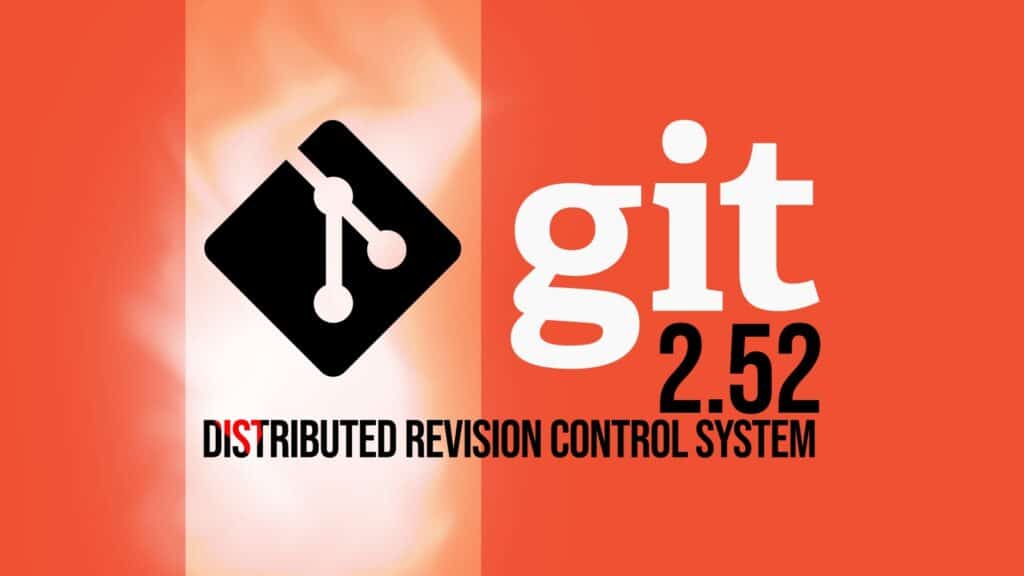Three months after its previous 2.51 release, Git, a distributed version control system and cornerstone in software development, helping developers efficiently manage changes in their code across projects, has just released its new 2.52 version.
One of the most notable additions is a new high-performance method for tree-level blame analysis. Instead of repeatedly walking the same commits for every file in a directory, the new approach computes last-modified information across entire trees in a fraction of the time. This significantly accelerates directory-wide history queries, especially in large repositories.
The release also expands Git’s maintenance capabilities. A new geometric maintenance task offers a middle ground between slow all-in-one repacks and incremental repacking strategies that never prune unreachable objects. It inspects packfiles, identifies when a geometric repack is possible, and falls back to a traditional git gc only when necessary.
Additionally, Git 2.52 enhances repository introspection with the experimental git repo command, a new tool designed to consolidate functionality historically scattered across rev-parse. It can report whether a repository is bare or shallow, list formats used for objects and references, and generate structural summaries such as object counts and reference statistics.
Changes also arrive in the reference-handling area. The git refs command gains two sub-commands—list and exists—which bring together common reference operations previously spread across multiple commands. While they don’t introduce new capabilities, they simplify workflows for tools and scripts that need consistent, low-level access to repository references.
We should also note that Git 2.52 prepares the project for major updates planned for Git 3.0. The default branch for new repositories will switch from master to main, a change already available for testing via the WITH_BREAKING_CHANGES build flag.
Rust integration appears for the first time as an optional build-time feature. With the WITH_RUST flag enabled, Git can use a Rust implementation for variable-width integer encoding and decoding. Although limited in scope, this sets the groundwork for additional components to transition to Rust in future releases. Rust support will remain optional until Git 3.0, when it will become a requirement.
Additional improvements include expanded Bloom filter support for more pathspec patterns, enabling faster path-scoped traversal in cases involving mixed wildcard and non-wildcard components. Several performance updates also land across key commands.
git describe gains a 30% speed improvement through the use of a priority queue. git remote rename handles reference updates more efficiently. git log -L avoids unnecessary tree-level diffs for merge commits. And xdiff, Git’s diff and merge engine, receives multiple optimizations with more planned.
Finally, sparse-checkout users gain a new recovery tool. The git sparse-checkout clean sub-command resolves cases where files remain outside the intended sparse set after changing definitions—scenarios that were difficult to fix with earlier versions. The new command removes inconsistencies and ensures working trees match the active sparse specification.
As always, this update includes numerous bug fixes, updated documentation, and smaller quality-of-life enhancements. For more details about all the changes in Git 2.52, refer to the official announcement.
